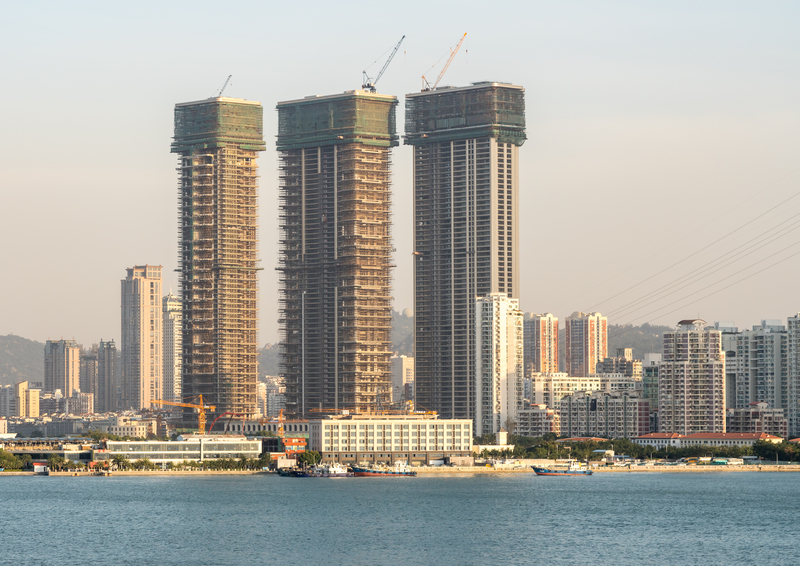
In response to an unusual spate of mass killings in China, Beijing has launched a three-month campaign to pressure the country’s indebted local governments to clear the vast backlog of unpaid wages to so-called migrant workers in construction.
On 11 November, a 62-year-old man drove an SUV into a crowd of people relaxing in a public space outside a stadium in the city of Zhuhai, killing 35 and injuring 43.
Six days later, on 17 November, a 21-year-old man went on a knife rampage at his former college in the city of Yixing, killing eight and injuring 17.
The 62-year-old was reportedly motivated by an unsatisfactory divorce settlement, while the younger man’s grievances were reported to be failing his exams at the college and an exploitative factory internship.
While neither fits the profile of an unpaid migrant worker, China’s State Council, the country’s cabinet, said in a statement on Tuesday that the objective of the pressure campaign was “to firmly prevent any major mass incidents or vicious extreme events triggered by wage arrears, to safeguard the basic livelihood of the people, and to maintain social harmony and stability”, South China Morning Post reports.
There have been other uncharacteristic stabbings and violent attacks in China this year.
Big ‘migrant’ workforce
Numbering around 300 million, migrant workers make up about a third of China’s workforce and have been described as the engine of China’s rapid development.
They’re classed as “migrants” because they work away from where they’re registered as living under China’s strict “hukou” system, which limits the education and healthcare benefits they can receive.
Their ranks swelled during the migration of millions from rural villages to expanding cities.
Construction projects by local governments and state-owned enterprises were prominent sources of wage-arrear issues, the State Council said.
Property bubble collapse
The collapse of China’s property bubble intensified the problem. The bubble was driven by local governments selling land to developers to build vast numbers of apartments, which developers sold off-plan.
It started deflating when Beijing introduced financial restrictions in 2020 – known as the “three red lines” – to clamp down on speculation in the sector, leading to a liquidity crisis among developers such as Evergrande and a sharp downturn in housing construction.
The Post notes that the State Council passed laws in 2019 requiring timely payments to migrant workers on pain of penalties for employers but, with debt mounting among local governments and companies in the sector, the problem has only got worse.
Last year, legal-aid agencies across China helped 540,000 workers recover $939m in unpaid wages, according to Ministry of Justice figures, the Post said.
According to the Post, central government plans to issue bonds to help local governments resolve their debts.
Progress by New Year
Beijing wants to see progress on the issue before the Lunar New Year holidays, a time when millions of migrant workers return home to celebrate with their families.
Local officials have been authorised to use “non-routine methods” to resolve wage-arrears cases before the Lunar New Year on 29 January, the Post said.
- Subscribe here to get stories about construction around the world in your inbox three times a week
Further reading:










